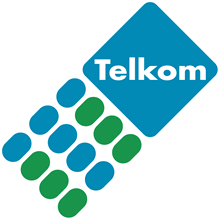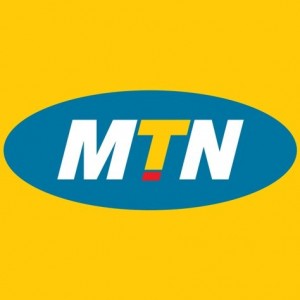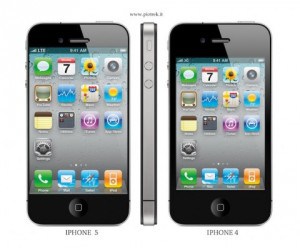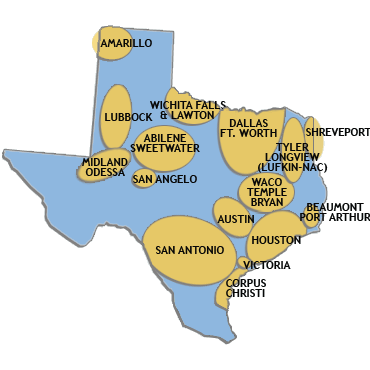 South Africa’s largest Internet Service Provider, the former state-owned telephone company Telkom, has introduced uncapped broadband service across the country.
South Africa’s largest Internet Service Provider, the former state-owned telephone company Telkom, has introduced uncapped broadband service across the country.
Telkom’s Do Uncapped offering removes usage limits after “intensive market research” and “data usage trials” concluded South African consumers absolutely despise usage limits on their Internet access.
In fact, in overwhelming numbers, consumers preferred unlimited access over faster broadband speed packages. Even throttled “fair use” policies which slightly reduce speeds during peak usage periods are more tolerable than restricted usage allowances, overlimit fees, and punishing “dial-up” speeds when customers exceed their usage limit.
“To feed the hunger for data, Telkom has tailored its Do Uncapped range according to consumer usage patterns derived from findings of the Company’s broadband trials on higher cap trials conducted earlier this year,” the company said in a statement.
Inexpensive, lower speed offerings are available at 384kbps and 1Mbps, but do come with certain daytime speed restrictions, especially on peer to peer traffic. The premium 4Mbps package is truly unlimited.
South Africa’s challenged telephone network has resulted in relatively low broadband speeds when compared against Asia, North America, and Europe, but the unlimited offerings are being welcomed by Telkom customers across the country.
Because DSL service from the phone company has traditionally been slow and, until recently, expensive, many South Africans rely primarily on wireless mobile services, which can be more reliable in some parts of the country. Some purchase wireless broadband service from providers like MTN instead of DSL from the phone company.
As a home broadband replacement, wireless mobile broadband has always meant compromising on usage, because most plans are heavily capped and some block access to certain web content. But MTN is responding to Telkom’s move away from usage caps by removing them from its own wireless network, at least during a promotion.
 MTN is kicking off the South African summer with its newest promotion, unlimited speed and uncapped wireless data access on the company’s HSPA+ network, effective Oct. 1.
MTN is kicking off the South African summer with its newest promotion, unlimited speed and uncapped wireless data access on the company’s HSPA+ network, effective Oct. 1.
The limits stay off until the end of summer — Jan 2012.
“We have seen a significant number of our customers taking up latest smartphones, tablet PCs, wireless routers and laptop deals that MTN is offering,” said Serame Taukobong, MTN South Africa Chief Marketing Officer. “This promotion is a response to the increased data appetite that comes with the usage of these devices.”
That’s an attitude foreign to North American mobile operators, who see those devices as enemies of their wireless network (or the basis for future profits). In South Africa, consumers adopting new wireless devices and increased usage has triggered a marketplace response that eases or ends usage caps. In North America, the opposite is happening.
MTN has slashed its mobile broadband prices over the course of 2011 for the highest speed, unlimited access package from a budget-busting $248 a month to $111 a month. A slower speed unlimited package now sells for $37 a month. That becomes very affordable for Internet users who use their mobile devices exclusively for access. Even a package selling over $100 a month may be comparably affordable to an American who is required to maintain a home broadband and mobile broadband account.
MTN even allows wireless peer to peer traffic, but the company asks subscribers to be reasonable and not leave it running 24/7.


 Subscribe
Subscribe


